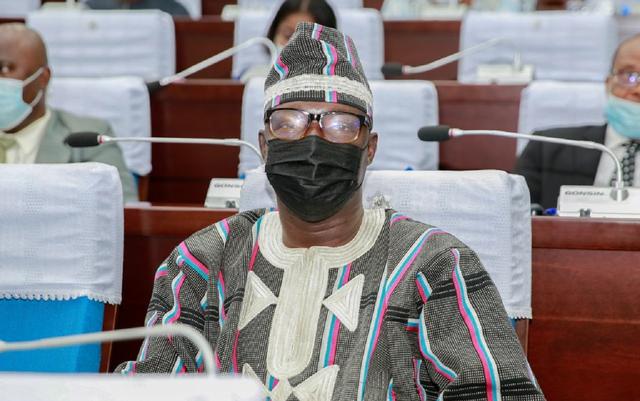
Not a day goes by that I don't get asked to explain this housing tax case. This is part of the new features contained in the 2022 finance law. But there are also other questions that I asked when this law was adopted, and which may be of interest to you.
Let's start with the housing tax. What is it exactly? The residence tax, governed by article 1448 of the General Tax Code, is a local tax, for which certain taxpayers are liable for the occupation of a main and/or secondary residence on 1 January of the year . Its amount normally varies from one municipality to another and also depends on the characteristics of the accommodation occupied (surface area, number of rooms, etc.), its location and the personal situation of the taxpayer (income, number of people in the household …).
The housing tax makes it possible to finance public services at the level of the municipalities. It contributes in particular to the financing of social and school expenses, to that of sports and cultural equipment as well as to the maintenance of the road network.
Thus it is 4,000 FCFA per inhabitant for rooms in a common house, 2,000 FCFA for a 1-room apartment or studio, 6,000 FCFA for a 2-room apartment, 9,000 FCFA for an apartment. 3 rooms and 30,000 FCFA for a villa or individual concession. The tenants or owners of a two-storey building must pay 40,000 FCFA if it is a single level, 75,000 FCFA if it is two levels and 100,000 FCFA if it is a single storey. are three or more levels. Also, buildings covering an area greater than 600 m2 (commonly called a lot) are taxed up to 100,000 FCFA.
In fact, the housing tax was often only collected when, entrepreneurs, you are going to pay the taxes. And that's all. The state has therefore decided to go through the CEET to collect this tax. It goes without saying that this subject was the subject of long debates in the National Assembly. Why the CEET and not the services of the town halls? And those who don't have meters, how do they pay? Who will determine how much we have to pay? These are the questions that rained on the Minister of Economy and Finance. I insisted a lot on the identification of residences. If ever the CEET has to deduct this tax from the invoices, the taxpayer's house must first be identified, with its approval. Because from the outside, one cannot clearly know the type of dwelling. So a prior census should be done. And also find a solution for those who do not have a connection.

It is for all these reasons that the start of the collection of this tax is subject to a government decree, which must clarify all these details. The census is compulsory. So it's not tomorrow that this case will start. If someone sees an increase on their electricity bill, it's not yet council tax.
Anyone know how to disinfect a wound from an animal bite?My arm is getting puffy...#meancatattack
—Jamie Thu Jun 03 23:23:02 +0000 2010
When I tell you that the government has a big laboratory, you don't believe me. They thought until aaaaa. You can't close homes like you close companies for non-payment of taxes. You can't block residents' accounts either. What can the citizen not do without? It's electricity. So here we are, we're stuck.
Personally, if the housing tax is really used by the municipalities, if it contributes to the financing of social and school expenses, to that of sports and cultural facilities as well as to the maintenance of the road system, I would gladly pay it, especially more than for small households, it is not excessive. 2000 f per year for one piece. But it really has to be used for that.
Give me your opinion on this explanation. I will make a second text for the other issues raised during the adoption of this finance law, in particular the privatization of BTCI.
Let's inform ourselves alive.
Gerry Taama







